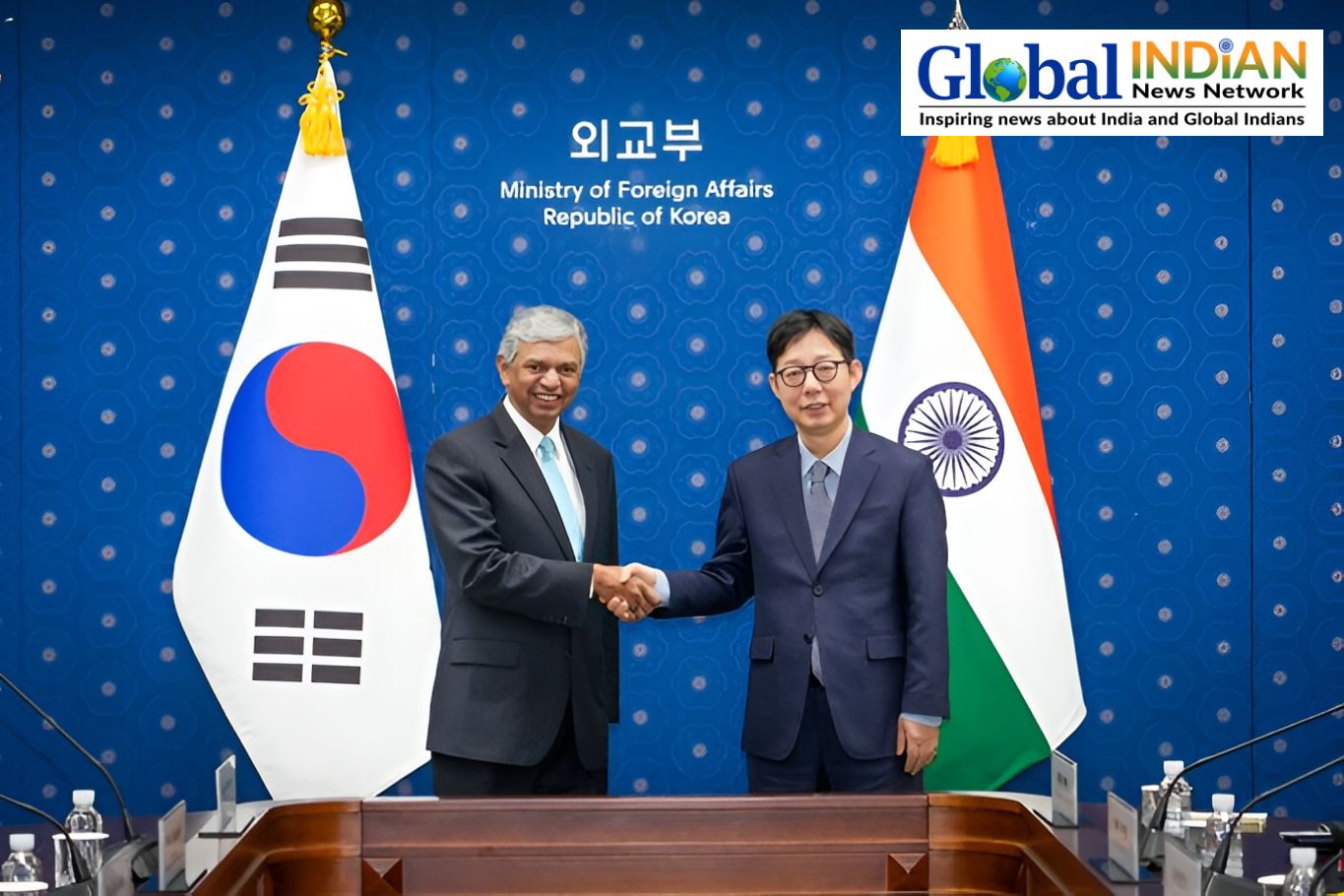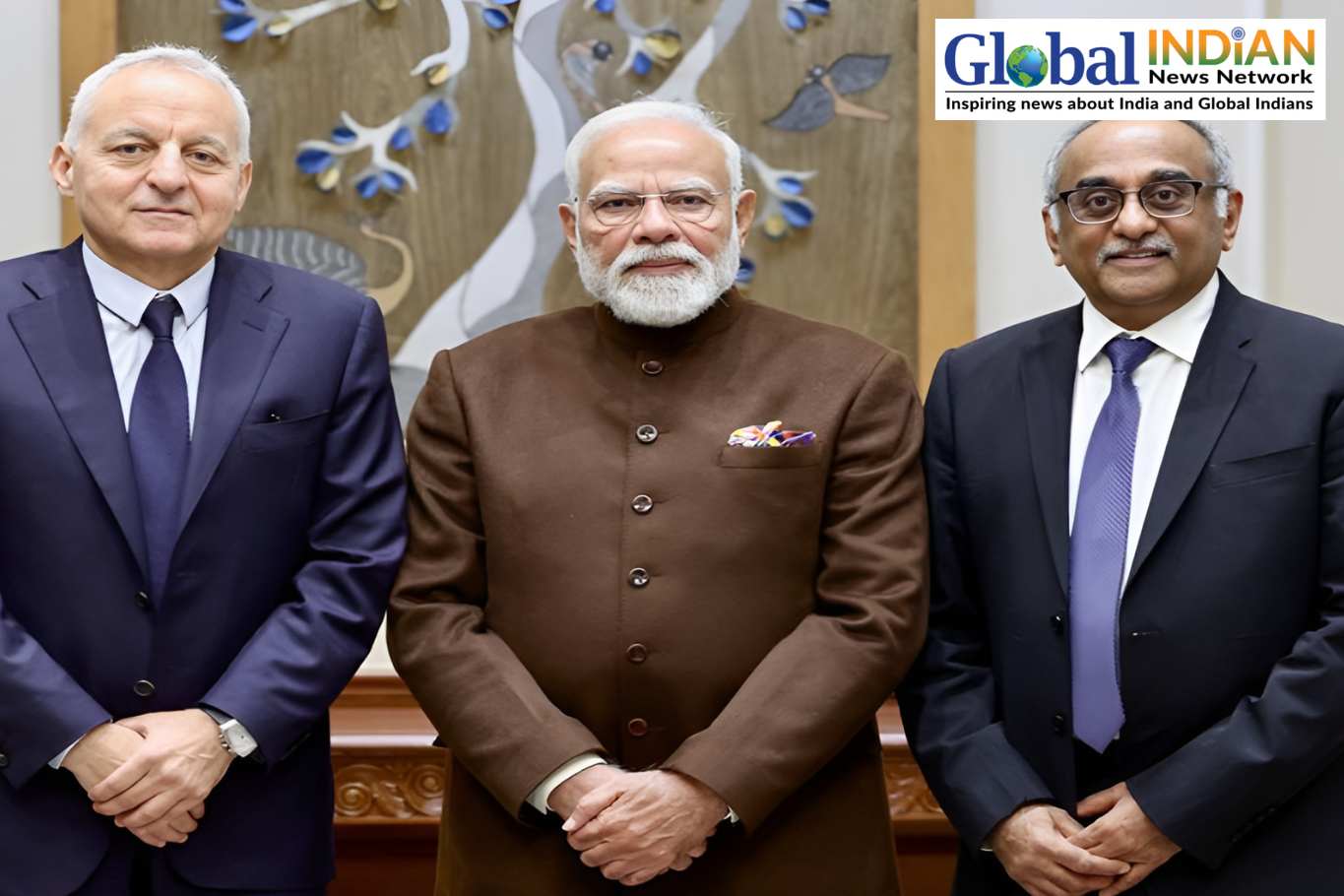
India’s tourism sector is experiencing a remarkable transformation. The Federation of Indian Chambers of Commerce and Industry (FICCI) forecasts that the outbound travel market will reach $55.4 billion by 2034, driven largely by the country’s growing middle class and increasing disposable incomes, which are fueling both domestic and international travel.
Indian tour operators are expected to see a 15-17% increase in revenue for fiscal 2025, according to CRISIL. This growth is attributed to enhanced infrastructure, rising incomes, changing travel habits, and government initiatives aimed at boosting domestic tourism.
India’s rising prominence in global travel is evident with projections for 2024 already at $18.8 billion. The surge in first-time international travelers, highlighted by McKinsey & Company, is a significant factor. In 2023, 28.2 million Indians traveled abroad, surpassing pre-pandemic figures, with overseas spending reaching $31.7 billion, 54% of which was allocated to travel.
Global travel and hospitality leaders are acknowledging India’s growing influence. Accor’s CEO, Sebastien Bazin, noted the strong demand from India, predicting that the number of Indian outbound travelers could double in the next couple of years. He highlighted that this growth will significantly impact hotel markets in Southeast Asia and the Middle East, where many Indian travelers head.
Wynn Resorts’ CEO, Craig Scott Billings, recognized India as a major market for the UAE, alongside Europe, pointing out the substantial wealth and potential within India. Similarly, Wizz Air’s CEO, József Váradi, spoke of the “sparkling demand” from India, driving the need for expanded aviation infrastructure.
Chris Nassetta, CEO of Hilton, observed no decrease in demand in India, whereas Airbnb’s CEO, Brian Chesky, highlighted India’s crucial role as a market, noting a nearly 30% rise in nights booked in 2023 over the previous year. IHG’s CEO, Elie Wajih Maalouf, highlighted the strategic importance of India with nine new hotel signings this quarter, including IHG’s first hotel in Kashmir, set to open in 2026.
Airports in India are rapidly expanding to accommodate growth, with Delhi’s airport now capable of handling 100 million passengers. Airports de Paris (ADP) sees India’s airport infrastructure as strategically significant, forecasting that major Indian airports will become key hubs in Asia. ADP’s investment, including a 49% stake in GMR Airports, reflects this outlook, driven by India’s expanding population and the anticipated privatization of regional airports.
Visa’s CEO, Ryan McInerney, supported this trend with government-backed tourism infrastructure projects and new travel-related financial products. The launch of India’s first co-branded credit card, offering rich airport-linked benefits, is aimed at serving the evolving needs of Indian travelers through partners like Adani One and ICICI Bank, targeting a base of 400 million customers.










1 Comment
This is a topic I’ve been curious about. Thanks for the detailed information.